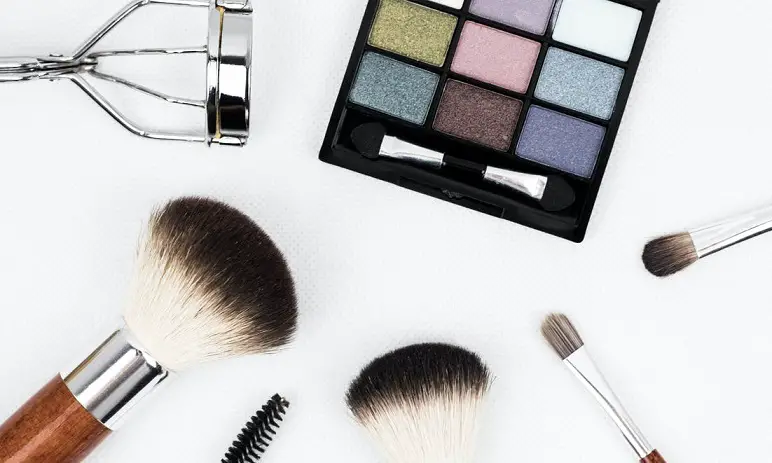A rising debt load, online competition, and supply chain problems have combined to force cosmetics maker Revlon into Chapter 11 bankruptcy.
The company says it will be able to continue operations with the help of %575 million in debtor-in-possession financing from its current lenders. According to its court filing, it estimates its current liabilities as being between $1 billion and $10 billion.
Revlon CEO Debra Perelman issued a statement regarding the bankruptcy which said, “By addressing these complex legacy debt constraints, we expect to be able to simplify our capital structure and significantly reduce our debt, enabling us to unlock the full potential of our globally recognized brands.”
Although corporate bankruptcies such as Revlon’s are currently at the lowest levels seen since 2010, it is a discretionary company having financial trouble as we head into a period of high inflation, when consumers will tend to shift purchasing preferences toward necessities and away from discretionary goods.
To that end, a company such as Revlon needing bankruptcy protection could be functioning as the canary in the coal mine of a flood of similar bankruptcies of companies which sell discretionary products that are waiting in the wings.

